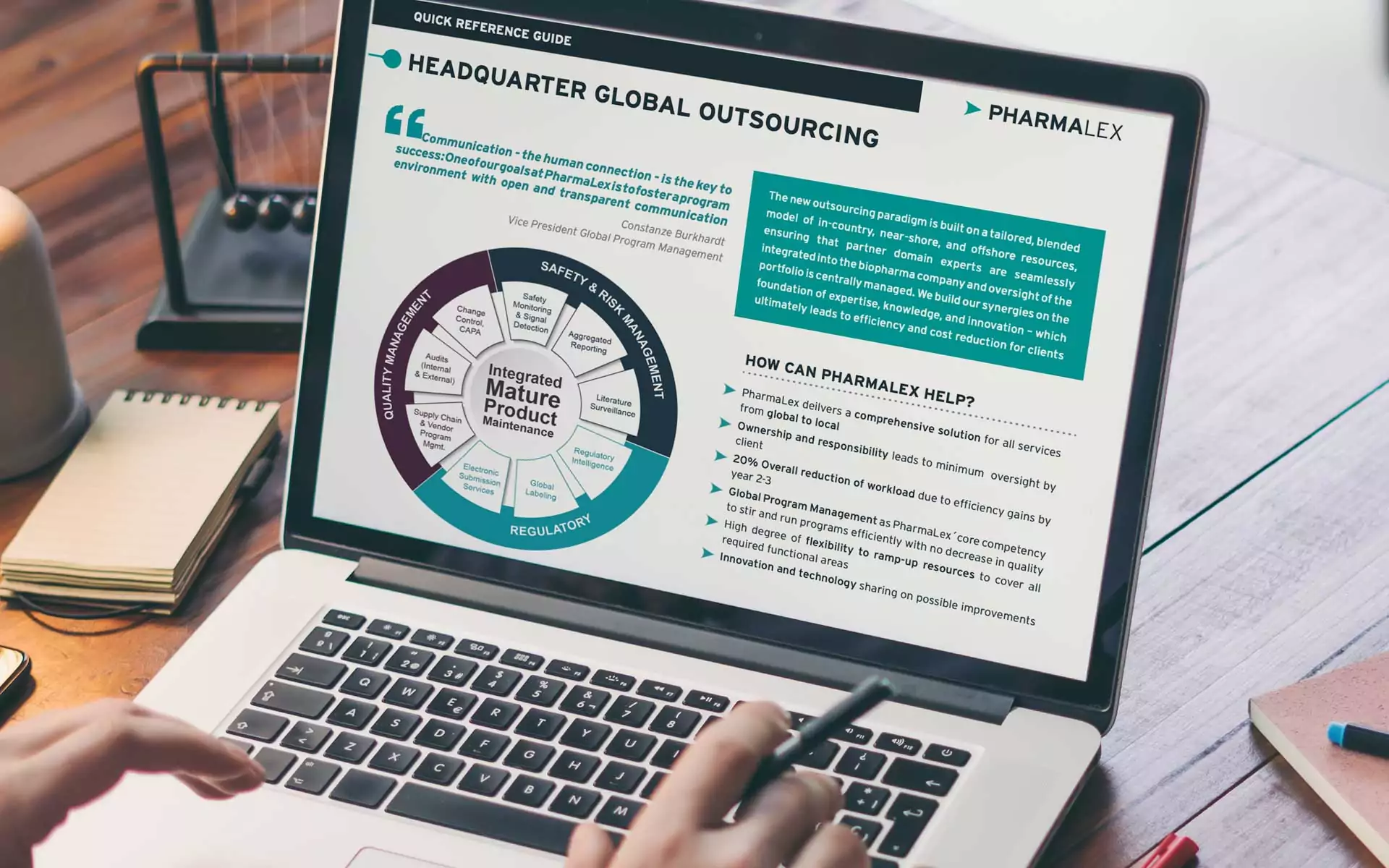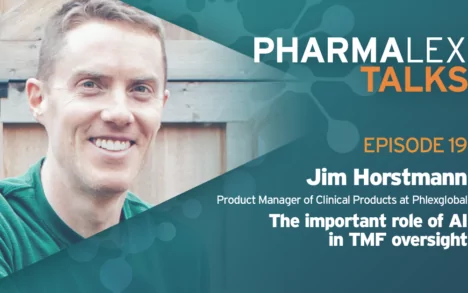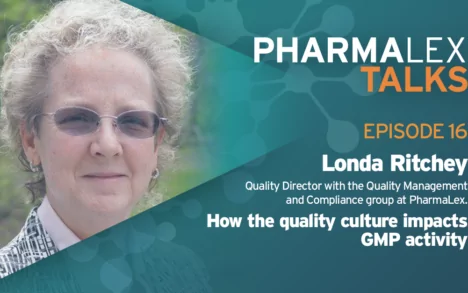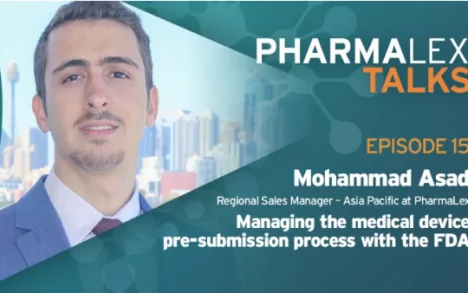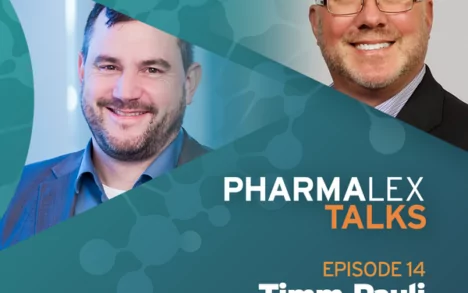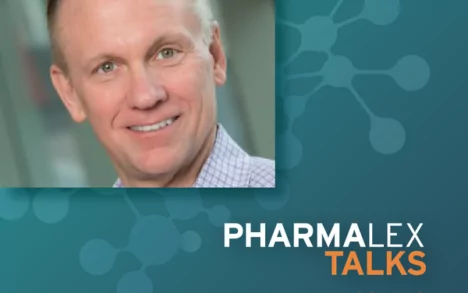For US-based companies seeking to market their product in the EU, it can be a struggle to navigate a different market, and, in particular, to manage requirements from a safety reporting perspective. The podcast explores the challenges faced managing not only the European pharmacovigilance legislation but also dealing with each EU Member State, which can implement these requirements in their own way at the national level.
Podcasts
Podcast
Artificial intelligence is playing an increasingly important role in document management in the life sciences industry and in particular in improving management and oversight of the Trial Master File (TMF). The podcast explores why and how AI is a gamechanger for the TMF and what it means for pharmaceutical companies now and in the future.
- 12m
Podcast
IVD manufacturers must perform two types of performance studies, clinical performance and analytical performance, in order to provide evidence that the device is safe and performs as intended. While both have always been required, IVDR is a lot more prescriptive.
- 12m
Podcast
A lot of statistical work within pharmaceutical companies is repetitive and this costs money and resources, especially if it’s done within GxP environments where there is often a need for double programming, extensive data quality control and meticulous follow-up of procedures. The podcast explores requirements and ways to develop fully automated solutions and processes to address this repetition and improve overall business efficiency.
- 14m
Podcast
A strong quality culture in the biopharmaceutical industry is one in which all participants in the organization understand patient safety and how their roles impact patient safety risks. It is one where decisions are prioritized based on patient safety first. From a GMP perspective, that means not only abiding by the formal law but knowing the applicable current best practices, understanding the risks a company’s processes and products pose to patients and implementing effective quality risk management practices.
- 21m
Podcast
There are unique considerations and nuances to the US Food and Drug Administration’s (FDA) pre-submission process for medical devices that companies need to consider. Known as the Q-submission (Q-sub) program, these pathways are a way of communicating with the regulator to obtain their feedback on particular topics that are germane to both the manufacturer and the regulator.
- 14m
Podcast
With pharmaceutical companies increasingly turning to outsourcing partners to support maintenance of marketed products, efficiency and reliability are imperative. Digitalization, in particular automation and AI, plays an integral role in streamlining processes and enhancing that outsourcing relationship.
- 12m
Podcast
This podcast introduces the concept of strategic product development as part of an integrated strategy to bring new drugs to the patients that need them. This holistic approach helps to save time, reduce overall development costs, and identify and mitigate risk throughout the product lifecycle.
- 12m
Podcast
The ICH-Q2 and ICH-Q14 together describe the development and validation activities proposed during the life cycle of an analytical method to assess the quality of medicinal products. But what is it that defines the quality of a reportable value? The podcast explores how Bayesian statistics makes it possible to take an observation made during the validation of the analytical procedure and predict the uncertainty around any future result, and in so doing bridge the gaps that exist in the guidelines.
- 18m
Podcast
Brad Carlin is a statistical researcher, methodologist, consultant, and instructor. He currently serves as Senior Advisor for Data Science and Statistics at PharmaLex, an international pharmaceutical consulting firm. Prior to this, he spent 27 years on the faculty of the Division of Biostatistics at the University of Minnesota School of Public Health, serving as division head for 7 of those years.
- 15m
Podcast
Under the Medical Devices Regulation economic operators – that is manufacturers, the authorised representative, importers and distributors – all face new roles and obligations. While some of these responsibilities existed under the Medical Devices Directive, workload will be impacted. From requirements around Eudamed, to having a person responsible for regulatory compliance, to ensuring certain obligations are properly followed through to complaint management, the roles of all economic operators are affected and require careful consideration by companies with devices in the European market.
- 13m
Podcast
The next frontier in outsourcing is the management of established marketed products, which provide the opportunity to sustain revenue, keep maintenance costs low and ensure compliance of mature products.
- 16m


